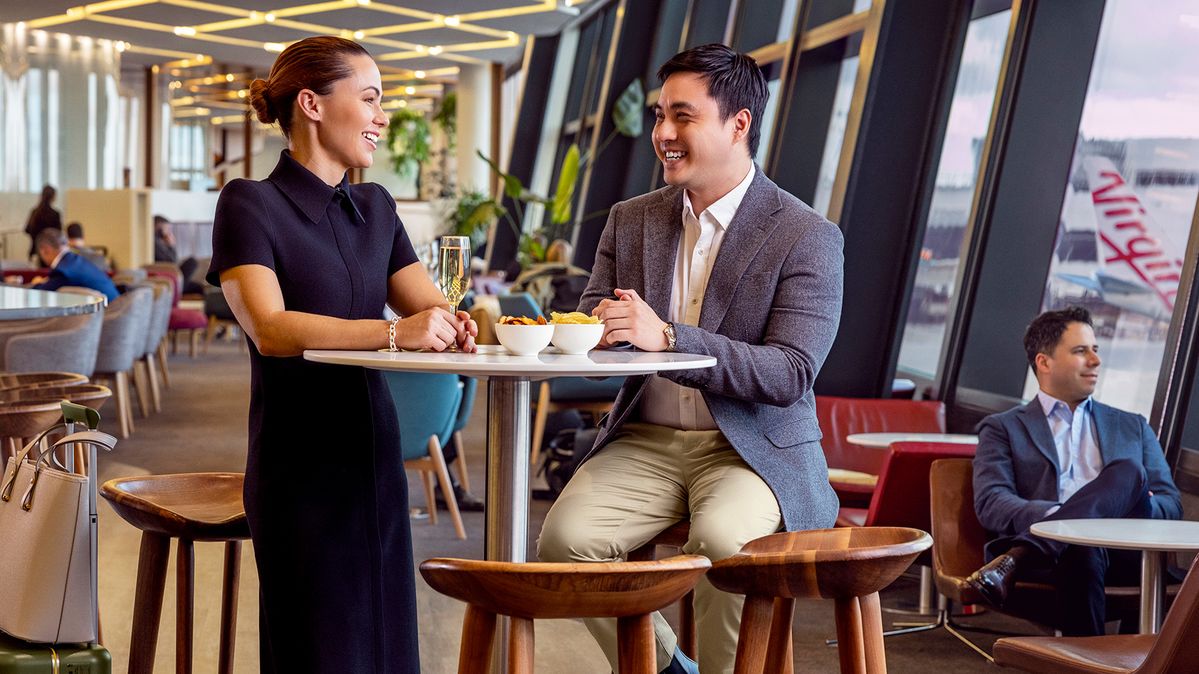Airport lounges are a haven for any traveller, but doubly so when you’re on a business trip.
It’s not just about getting away from crowded noisy terminals: it’s about a place to settle in and work, with ready access to AC/USB power, or perhaps even to meet colleagues and clients.
In some welcome news for business travellers, particularly as the end of financial year looms: paid membership to airport lounge programs such as the Qantas Club and Virgin Australia Lounge can be claimed as a tax deduction.
This applies to Qantas Club and Virgin Australia Lounge memberships purchased by a business for use by employees, as well as membership purchased by individuals.
Executive Traveller spoke with the Australian Tax Office to get the authoritative word on claiming Qantas Club and Virgin Australia Lounge membership as a tax deduction.
“As a sole trader, deducting an airport lounge membership is no different from deducting any other business-related expense,” an ATO spokesperson confirmed.
“You can claim a tax deduction for most expenses from carrying on your business, as long as they are directly related to earning your assessable income.”
Of course, to count as a business deduction an expense must be for your business, not for private use.
That nudges airport lounge membership into a slightly grey area, given that it’s also likely to be used on personal trips such as holidays.
“It the expense is for a mix of business and private use, you can only claim the portion that is used for your business,” the ATO affirms.
“If an airport lounge membership is only used for business-related travel, a deduction for the full purchase price can be claimed.”
“However, for example, if the airport lounge membership is used for business-related travel 50% of the time, and the other 50% of the time it is used for private travel, only the business portion (or 50% of the amount) can be claimed as a deduction.”
The ATO suggests business travellers who pay for lounge membership keep “a comprehensive business travel diary (to) help apportion the deductions between the business and private use of your airport lounge membership.”
For more information on claiming business travel expenses, and the need for sole traders to keep travel diaries for deductions for travel expenses, visit the ATO website.
Whatever the case, be sure to consult your accountant or tax professional for advice on how the ATO’s rules and regulations apply to your particular circumstances.
This article is not published or intended as personal financial advice.


